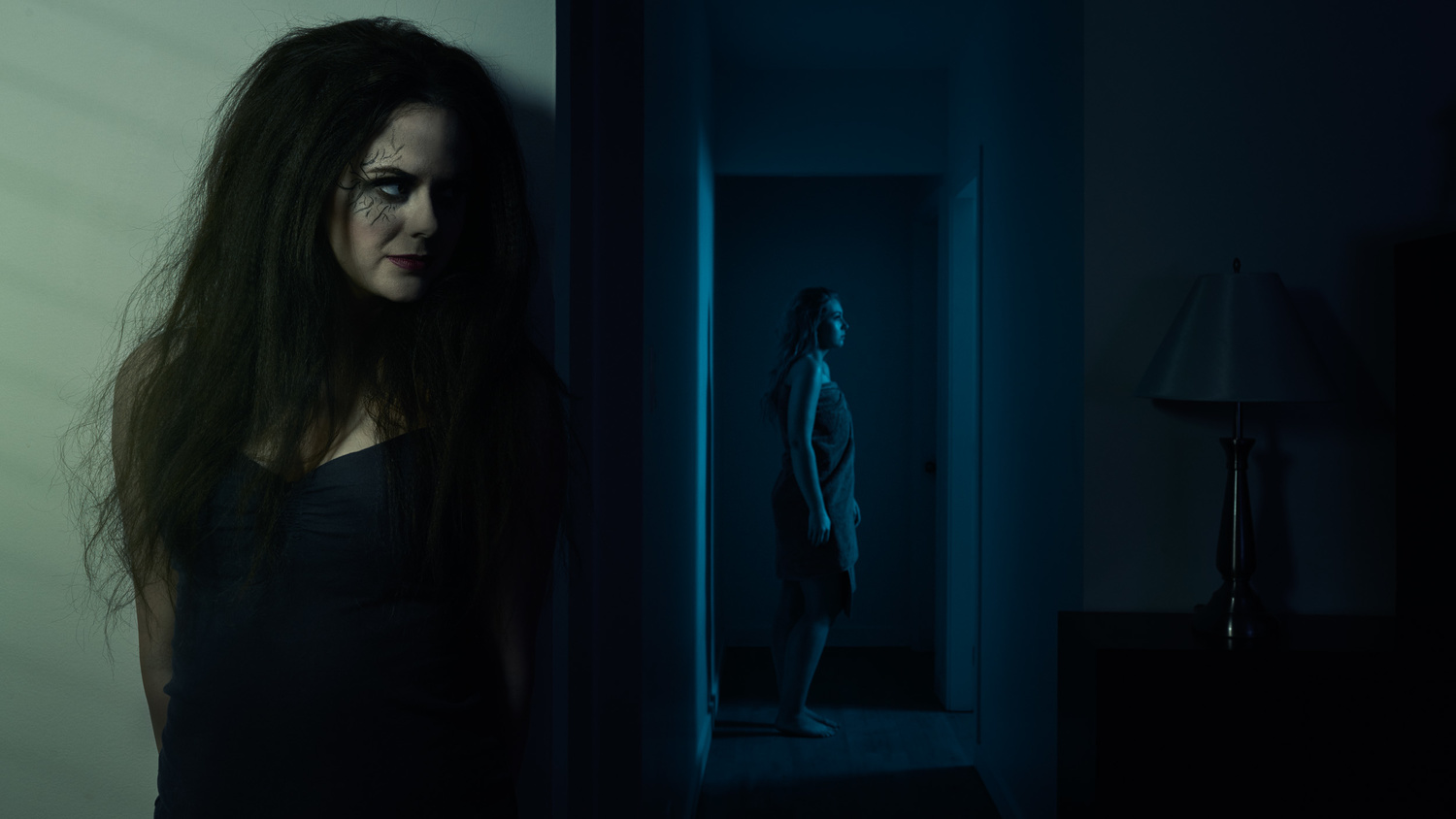[ad_1]
Photographers today are the first generation of image makers who are entering an industry completely dominated by social media. Over the course of the last decade, social media has utterly surpassed virtually all other forms of marketing and has quickly become a dominating factor in lives of a huge part of the population, especially photographers. Social media use, however, suffers from some pretty severe implications that can have a limiting factor on the quality of work a photographer creates.
Social Media Never Stops Demanding Your Attention
Posting photos to social media doesn’t take much time, and responding to messages from potential clients or fans also don’t take much time (for most of us). What does take tremendous time? Scrolling through an endless feed of content day in and day out. I get it, to effectively use social media you need to interact, but lets be honest: how much of your social media time is spent actively engaging in relevant posts to grow brand recognition? Rather, how much time is wasted sauntering through shots of food, vacations, memes, babies, Instagram models, cats, and the rest of the distracting noise that buzzes through your feed each day?
Social media has become such a dominating force in our psyche that we consider it near ubiquitous. Its cost, however, is tremendous. According to Social Media Today, the average user invests just shy of two hours using social media per day. Realistically, how many photographers are really representative of an “average” user if we are being honest? In the simplest sense, you are wasting a lot of time browsing around social media — time that could be spent optimizing your craft or investing in your health.
Social Media Drains Optimism
Whether it be the constant frustration of forever shouting into a void that most social media users experience as they desperately try to grow their meager following, the endless negative whine of social justice trying to ignite enrage culture, or the constant reminder that there is always someone out there who is better than you, social media has a tremendous dampening effect on our mood. Even research studies such as this one by the University of Pittsburgh have found strong correlation between increased rates of depression and heavy social media use. As much as the stereotype of the starving and miserable artist seems to show up in society, photographers often need to maintain a high level of confidence and optimism in order to share work with subjects and clients in a positive way.

Social Media Offers the Wrong Type of Critique
Useful critique is usually a combination of experience and motivation. A critique from someone motivated to help you with the experience to offer sound advice can be transformative for a photographer. Alternatively, critique from a keyboard warrior with no experience and foul motivation can be one of the most destructive forces a photographer can encounter. Social media is a vessel that allows these vile creatures access to photographers looking to build better portfolios.
Scott Kelby once discussed the power of unsolicited critique that featured an example of a photographer who’s positivity was robbed by someone who critiqued her fantastic work in a harsh way. This is an experience far too many photographers can relate to. If online dating sites paired couples as efficiently as social media pairs artists to trolls, everyone in the world would be using online dating.
Conclusion
Social media, like anything else, is most functional when used in moderation. I’d never be so foolish as to suggest that you completely cut yourself off from social media. Rather, I would strongly caution against using it so heavily that it becomes a barbarically dominating force within your life. Take a step back and analyze the return on investment social media is adding to your life and career so that you can focus only on the aspects which are providing a worthwhile ROI while phasing out the aspects that have become more of an anchor than a stepping stone.
[ad_2]
Original Source Link